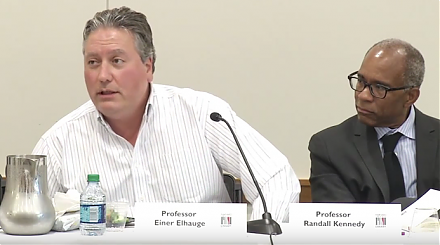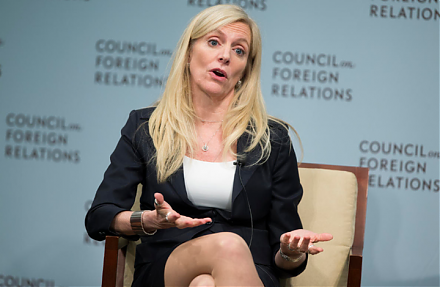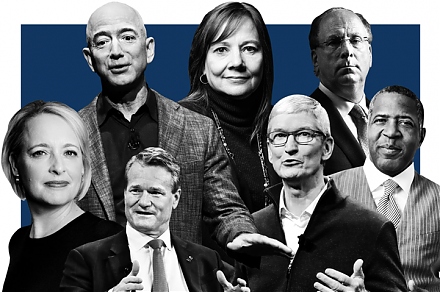

2019-11-11 09:36:00 Mon ET
technology antitrust competition bilateral trade free trade fair trade trade agreement trade surplus trade deficit multilateralism neoliberalism world trade organization regulation public utility current account compliance
Apple upstream semiconductor chipmaker TSMC boosts capital expenditures to $15 billion with almost 10% revenue growth by December 2019. Due to high global demand for faster mobile microchips and new 5G high-end smart phones, TSMC expects robust revenue and net profit growth in 2020-2022. This bullish prediction helps assuage both investor fear and anxiety in the early resolution of uncertainty around the Sino-American interim partial trade agreement. TSMC CEO C.C. Wei expects to attain 20%+ 5G smartphone market penetration for 2020. As of 2019Q4, TSMC serves several clients such as Apple, HuaWei, and Qualcomm worldwide.
Meanwhile, TSMC raises its new capital expenditures to $15 billion from an earlier conservative forecast of $10 billion for the fiscal year 2020. In recent years, TSMC surpasses its U.S. archrival Intel to become the biggest high-performance micro-chip producer as TSMC maintains its $250 billion stock market capitalization in comparison to $230 billion stock market capitalization for Intel.
From January 2019 to September 2019, TSMC ships 185 million smart phones. In fact, this achievement is only second to the Chinese tech titan HuaWei. In essence, the robust stock market momentum among HuaWei, Intel, and TSMC etc suggests that a major global tech slowdown seems less likely in the current business cycle.
If any of our AYA Analytica financial health memos (FHM), blog posts, ebooks, newsletters, and notifications etc, or any other form of online content curation, involves potential copyright concerns, please feel free to contact us at service@ayafintech.network so that we can remove relevant content in response to any such request within a reasonable time frame.
2019-03-09 12:43:00 Saturday ET

Pinterest files a $12 billion IPO due in mid-2019. This tech unicorn allows users to pin-and-browse images through its social media app and website. Pintere
2019-09-01 10:31:00 Sunday ET

Most artificial intelligence applications cannot figure out the intricate nuances of natural language and facial recognition. These intricate nuances repres
2020-04-03 09:28:00 Friday ET

The Intel trinity of Robert Noyce, Gordon Moore, and Andy Grove establishes the primary semiconductor tech titan in Silicon Valley. Michael Malone (2014)
2017-11-27 07:39:00 Monday ET

Is it anti-competitive and illegal for passive indexers and mutual funds to place large stock bets in specific industries with high market concentration? Ha
2018-10-11 08:44:00 Thursday ET

Treasury bond yield curve inversion often signals the next economic recession in America. In fact, U.S. bond yield curve inversion correctly predicts the da
2019-10-23 15:39:00 Wednesday ET

American CEOs of about 200 corporations issue a joint statement in support of stakeholder value maximization. The Business Roundtable offers this statement